Duterte defense team seeks ICC case's dismissal
Duterte defense team seeks ICC case's dismissal
CITING the Philippines' withdrawal from the Rome Statute in 2019, the defense team of former president Rodrigo Duterte has requested that the International Criminal Court (ICC) dismiss the case against him.
In a 38-page "Defense Challenge concerning Jurisdiction" submitted on May 1, Duterte lawyers Nicholas Kaufman and Dov Jacobs argued that the ICC overextended its authority when it approved an investigation into Duterte's war on drugs in September 2021, after the country relinquished its membership from the court following its withdrawal from the Rome Statute two years earlier.
The defense has raised the jurisdiction issue to block the case from going to trial.
The ICC holds a hearing to confirm the charges in four months.
The defense underscored that while the ICC maintains jurisdiction over crimes committed from 2011 to 2019, it cannot legally exercise that authority after the Philippines withdrew from the Rome Statute.
"As a consequence, all procedural steps taken in the Situation and, subsequently, in the case against Mr. Rodrigo Roa Duterte, lack legal foundation and should be nullified forthwith," the lawyers said in the filing.
"The liberty of the individual is at stake," they said, asserting that the current ICC prosecutor should not defend a decision made by a predecessor.
Duterte, who was arrested on March 11 and is detained at The Hague's Penitentiary Institution, faces charges of crimes against humanity, primarily related to the extrajudicial killings that occurred during his administration's aggressive antidrug campaign.
Central to the lawyers' argument is the interpretation of Article 12(2) of the Rome Statute, which stipulates that a country must be a party to the statute when the ICC decides to exercise jurisdiction.
They said that a preliminary examination conducted before the withdrawal does not constitute a "matter under consideration by the Court," as defined by Article 127(2).
The defense urged that the jurisdictional challenge be resolved quickly, since it will lead to unnecessary expenditures if the confirmation of charges proceeds without a solid jurisdictional basis.
The jurisdictional debate has previously split the ICC judges. In July 2023, the Appeals Chamber decided by a narrow 3-2 vote to allow the investigation to continue, with dissenting judges arguing against the ICC's authority in the Philippines.
The Philippines, which joined the ICC in 2011, began the withdrawal process in March 2018 following the announcement by then-ICC Prosecutor Fatou Bensouda of a preliminary investigation of Duterte's drug war.
The withdrawal officially took effect on March 17, 2019.
The ICC Pre-Trial Chamber issued an arrest warrant for Duterte on March 7, citing reasonable grounds that he bears criminal responsibility for murder as a crime against humanity.
The chamber said the alleged crimes occurred during a period when the Philippines was still a State Party to the Rome Statute.
On Friday, Palace Press Officer Claire Castro said it was up to the ICC to respond to Duterte's lawyers' request to have the charges against him dropped.
"If their defense is that the ICC has no jurisdiction over the Philippines, then that's part of due process. Let them be," Castro said during a press conference.
She also reiterated that the Philippine government would not cooperate with the ICC after Duterte's lawyers claimed that the Marcos administration conveyed this position in a letter.
"Even without a letter, we really wouldn't interfere with whatever mandate the ICC may have," Castro said.
Comments 0
Most Read
Recommended Post
Gogolook launches news wall feature to Whoscall App





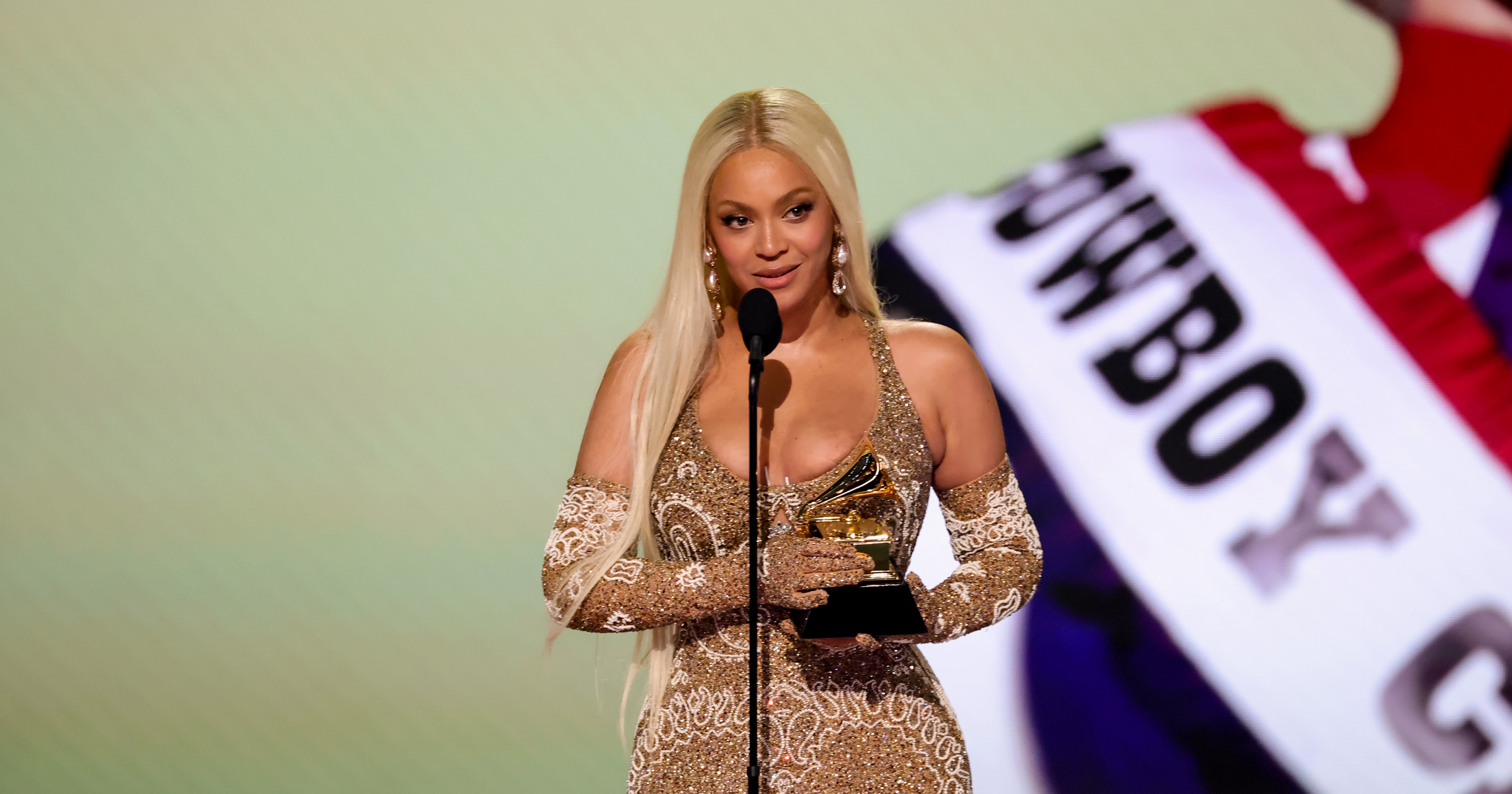
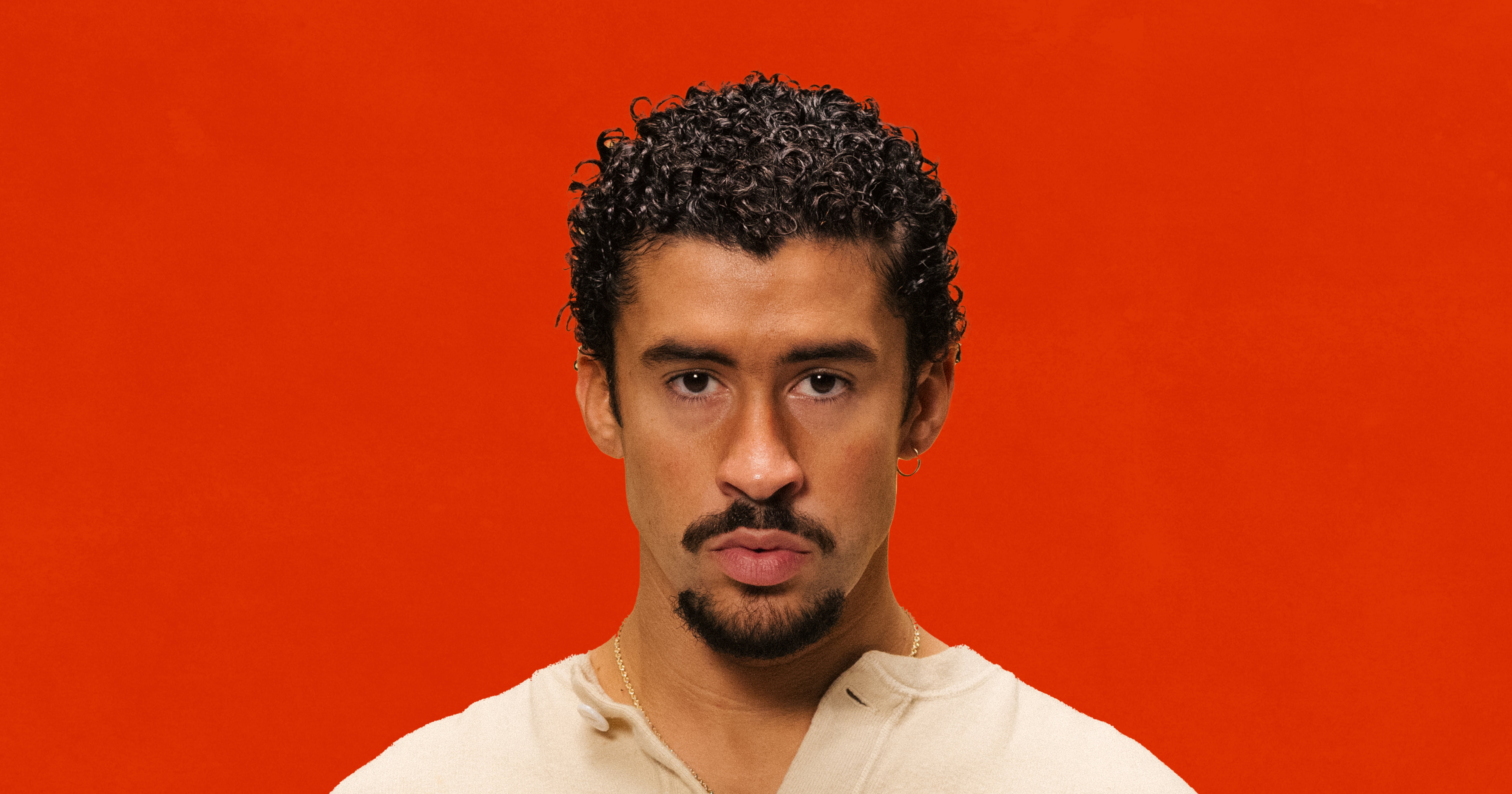







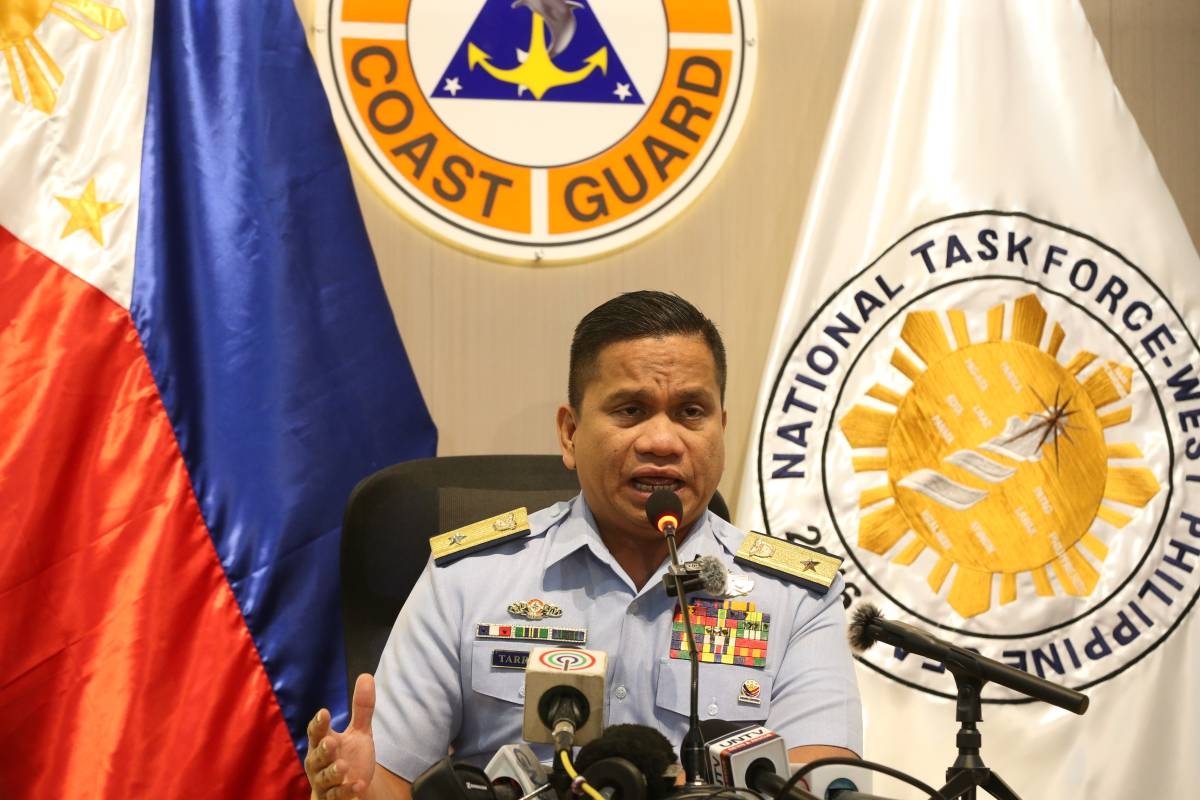
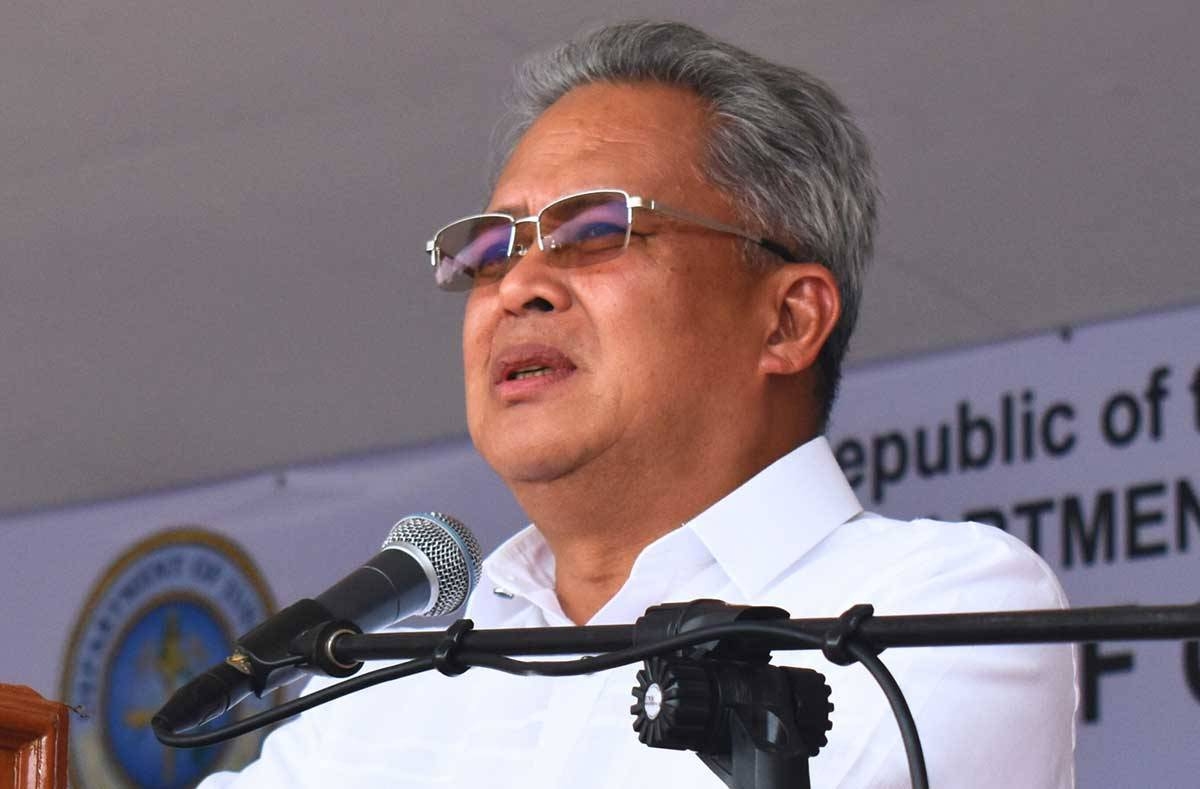
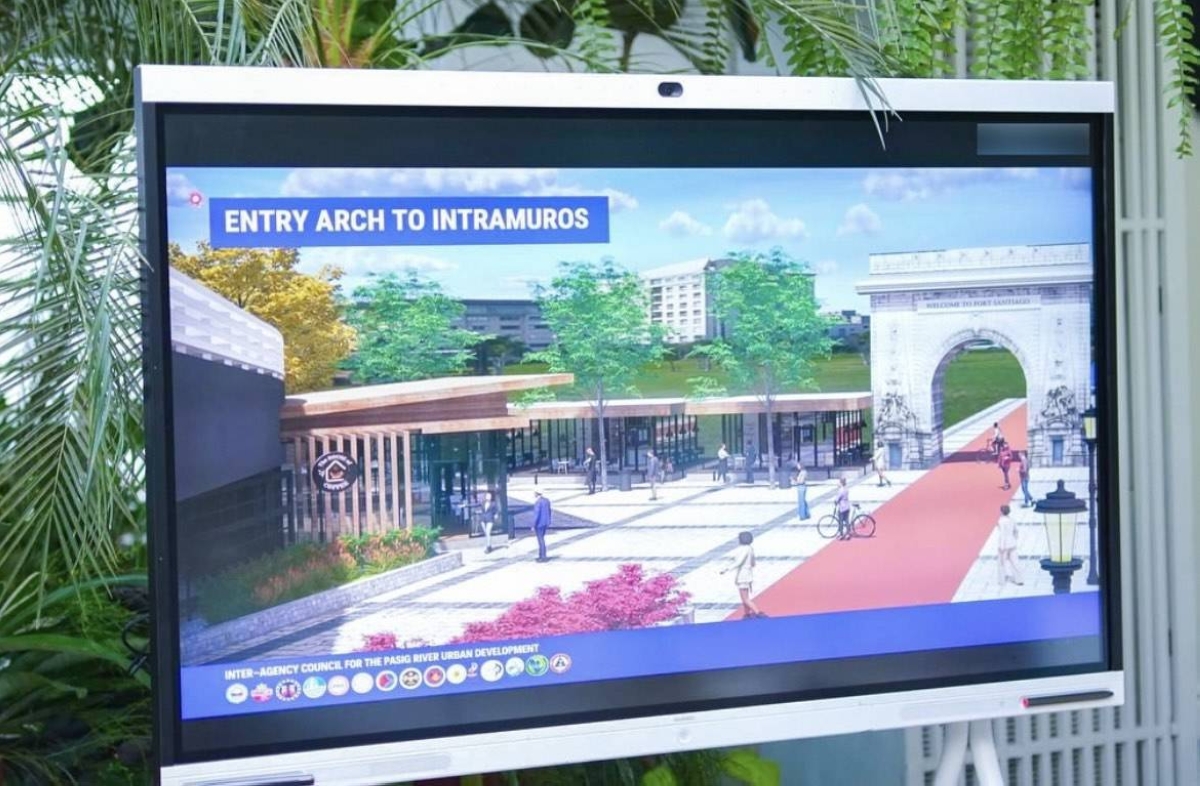
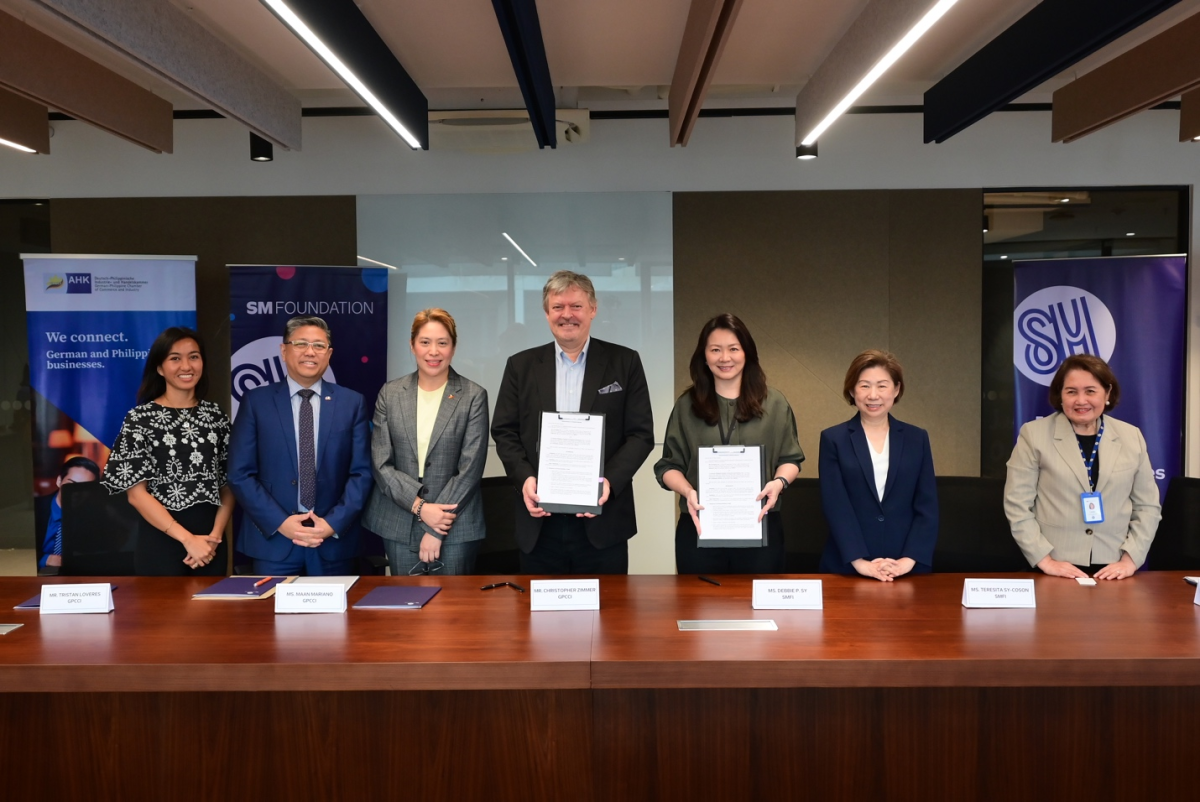



Leave a Comment